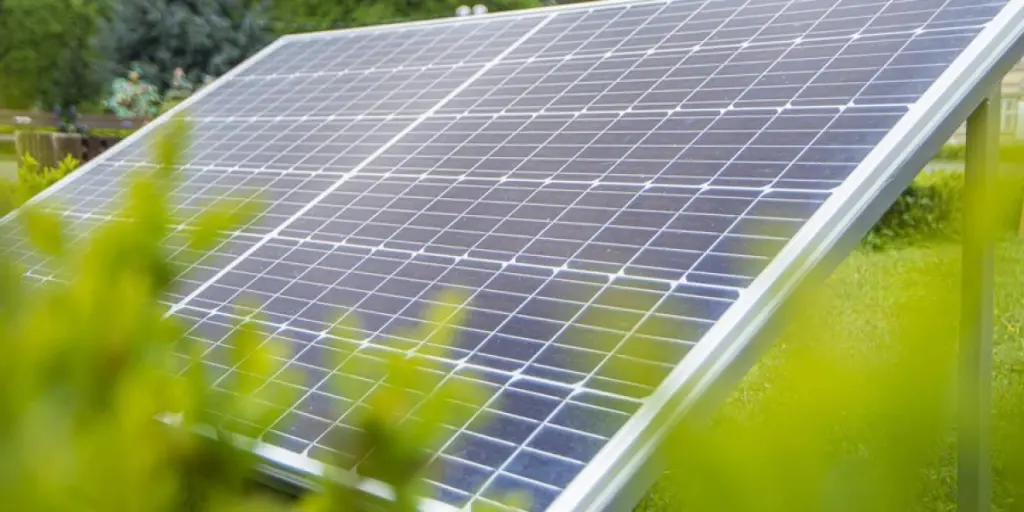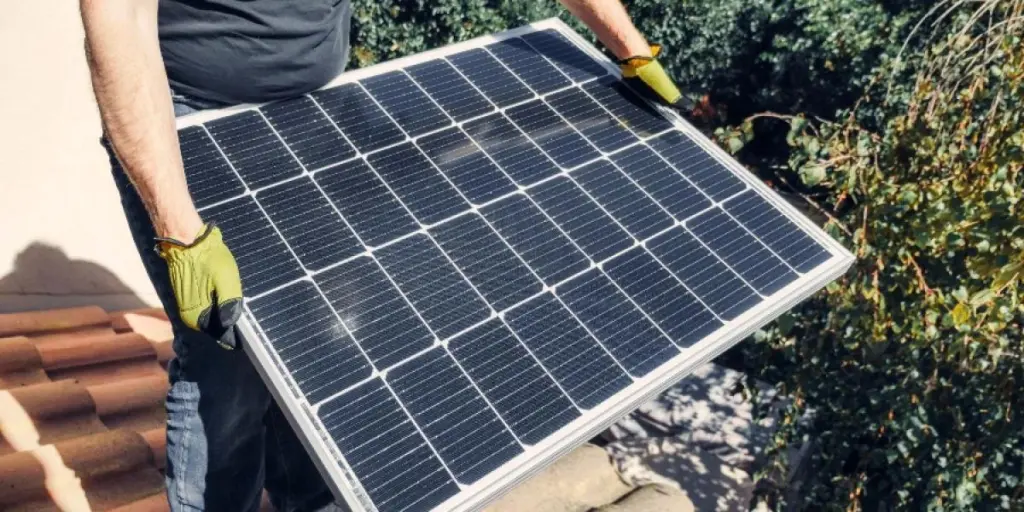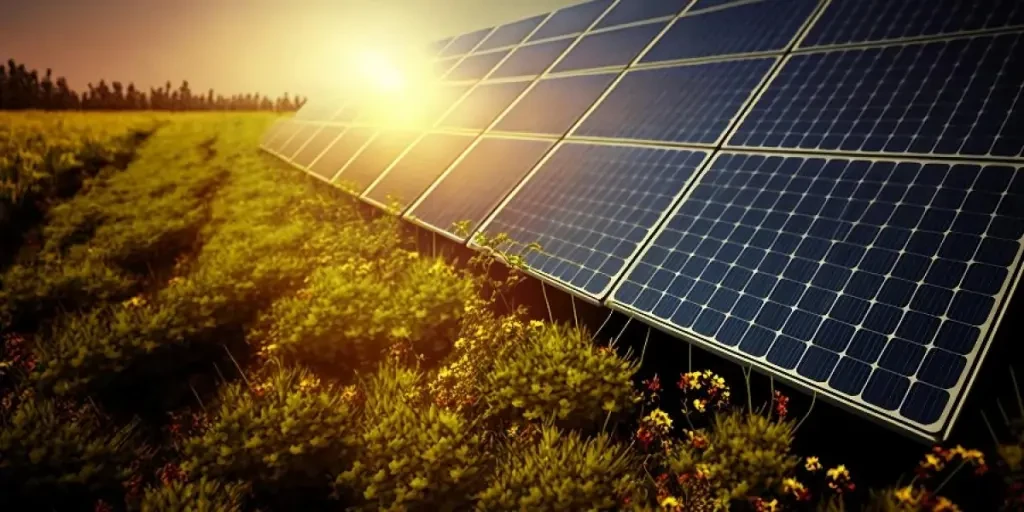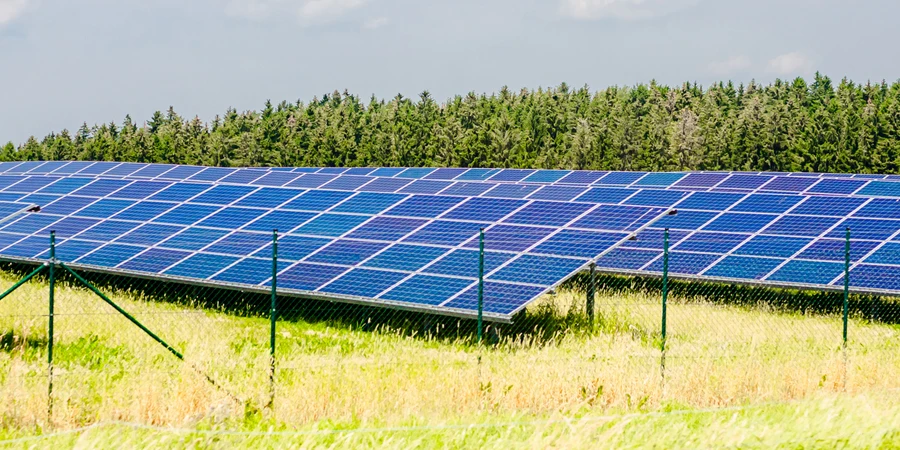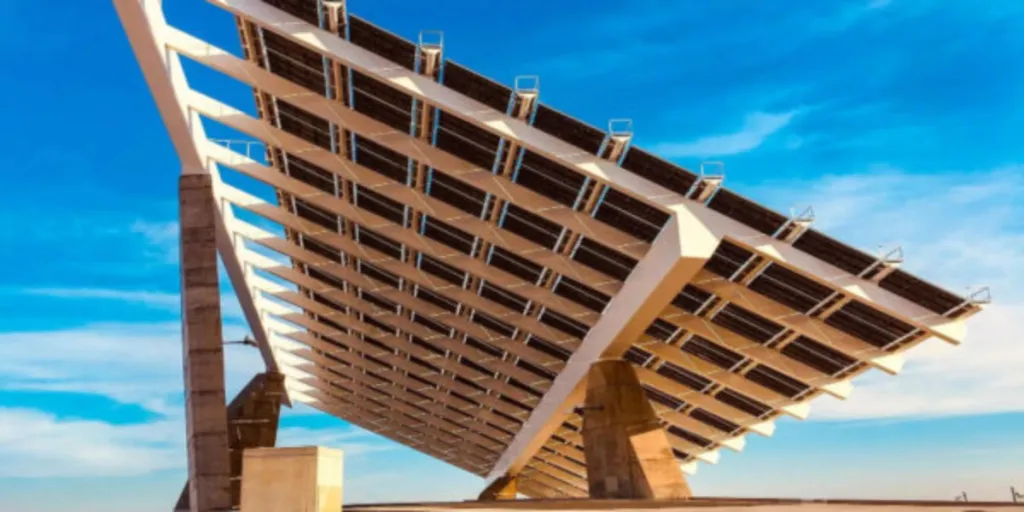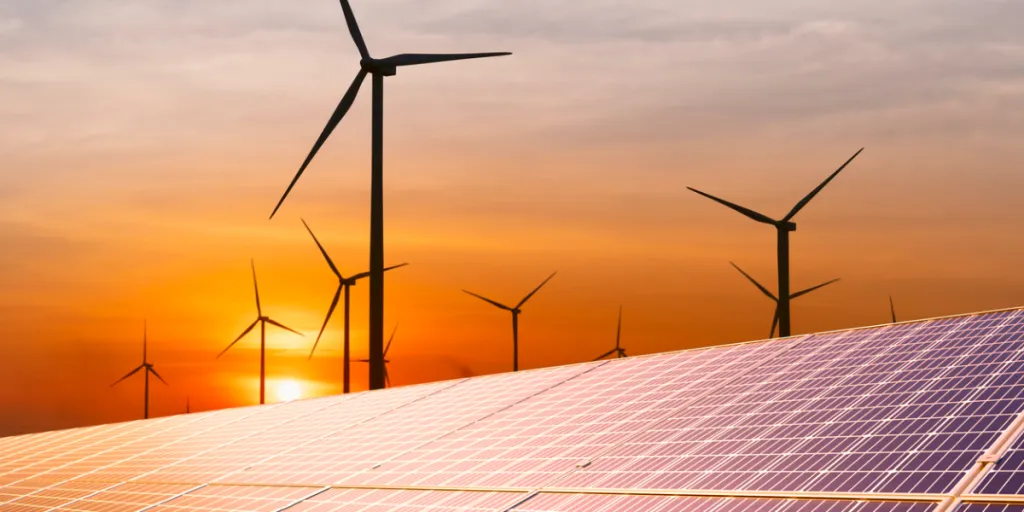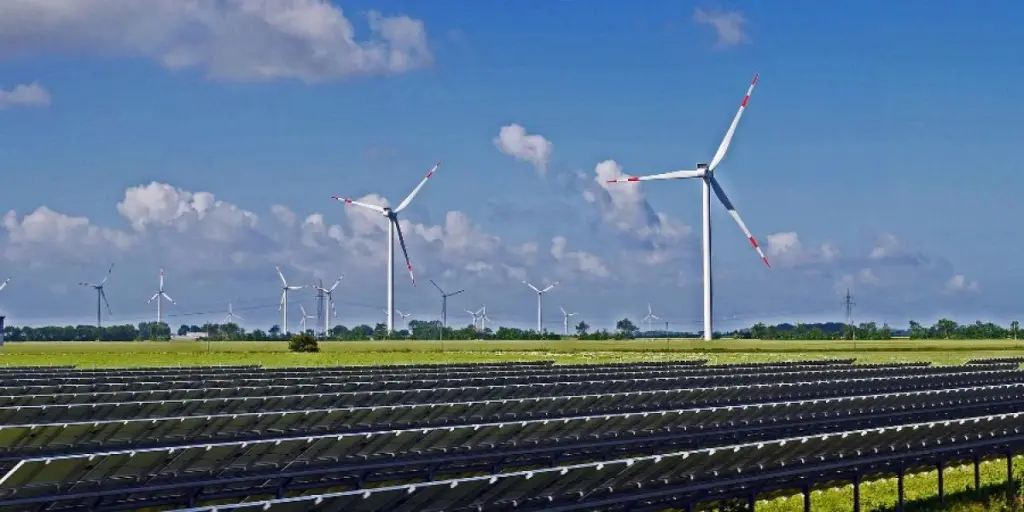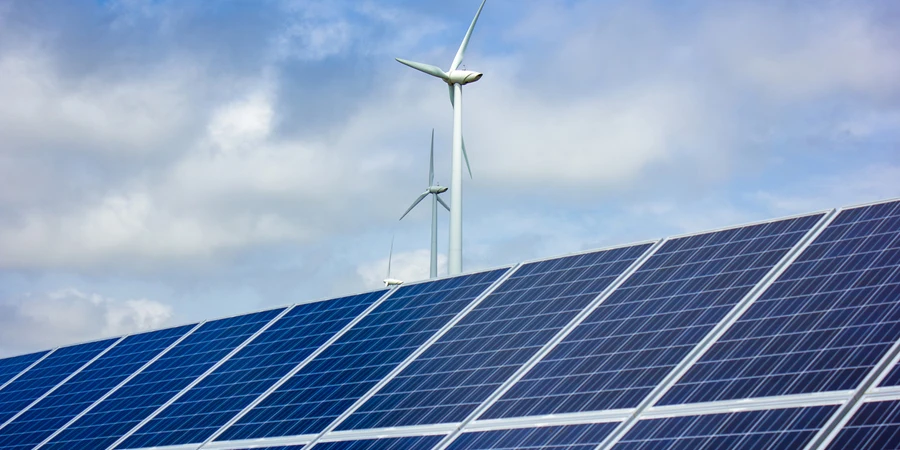Intertek’s Green Leaf Mark certification for JA Solar n-type modules; CPVS releases best research cell efficiencies for 2023; APsystems subsidiary starts building ESS base; RouShuo starts flexible perovskite cell fab; POPSOLAR rolls out TBC cells with 26% efficiency.
JA Solar’s n-type modules get Intertek’s Green Leaf Mark certification: Vertically integrated PV manufacturer JA Solar has announced that its n-type modules have received Green Leaf Mark certification from Intertek. The renowned certification body has certified that JA Solar’s n-type modules perform well in terms of average carbon footprint in all aspects of the product life cycle. As part of the testing, Intertek conducted an average carbon footprint assessment on the modules based on ISO 14040:200, ISO 14044:2006 and ISO 14067:2018.
China’s latest solar cell efficiency records released: The Photovoltaic Professional Committee of the China Renewable Energy Society (CPVS) has unveiled the 2023 edition of the CPVS Best Research-Cell Efficiencies, documenting the highest conversion efficiencies achieved by solar cells in China. This marks the 7th edition of the annual compilation by CPVS. The highest efficiencies for six types of photovoltaic cells and modules were updated from January to October 2023. The record holders are as follows:
- LONGi: 33.89% efficiency for silicon/ perovskite tandem-layer solar cells
- DR Tech: 35.5% efficiency for GaAs thin-film flexible triple-junction solar cells
- Utmolight: 18.6% efficiency for perovskite solar cell modules
- ZJU/Nengfeng/Microquanta: 15.7% efficiency for organic solar cell modules
- SJTU (Shanghai Jiao Tong University): 19.22% efficiency for organic solar cells
- IoS CAS (Institute of Semiconductors, Chinese Academy of Sciences): 26% efficiency for perovskite solar cells
TaiyangNews publishes and updates its listing of Top Solar Modules every month. Click here to see the latest edition.
APsystems’ subsidiary starts construction of ESS manufacturing base: On November 20, a subsidiary of APsystems has announced that it has broken ground on its intelligent manufacturing base in Baiyin City, Gansu Province. The manufacturing facility is planned to be implemented in 2 phases, with a total construction area of approximately 86,000 sq. m. It will primarily focus on producing energy storage inverters, battery management systems, energy storage battery packs, and integrated energy storage cabinets. Additionally, it also includes the construction of an energy storage laboratory, energy storage demonstration projects, and research demonstration projects. The base is expected to be complete and start full operations by the end of 2026.
RouShuo starts flexible perovskite solar cell fab: RouShuo Optoelectronics Technology Co., Ltd. has announced via WeChat that it has held a signing ceremony for its perovskite PV cell fab in Jiujiang City, Jiangxi Province. This facility is the technology transfer project for the 1st prize in scientific and technological progress in Jiangxi Province in 2023 awarded to Nanchang University. The 1st phase of the fab involves an investment of about RMB 200 million ($28.02 million) and aims to establish a 10 MW pilot line and a 100 MW flexible perovskite cell production line.
POPSOLAR rolls out 1st batch of TBC cells with 26% efficiency: PV cell and module manufacturer POPSOLAR has announced that the 1st batch of its TBC cells has rolled off the production line. The company’s n-type TBC cell process uses an innovative laser doping patent technology on the basis of passivation contact technology. It achieves simultaneous boron and phosphorus doping on the back p-region and n-region in a single step. The company claims a mass production conversion efficiency of 26% for these cells. The process significantly shortens production cycles and reduces production costs, positioning it as a cost-effective method for large-scale production of N-type TBC cells. In August, POPSOLAR had announced 25.66% test efficiency for its mass-produced n-type TOPCon cell (see China Solar PV News Snippets).
Source from Taiyang News
Disclaimer: The information set forth above is provided by Taiyang News independently of Alibaba.com. Alibaba.com makes no representation and warranties as to the quality and reliability of the seller and products.
